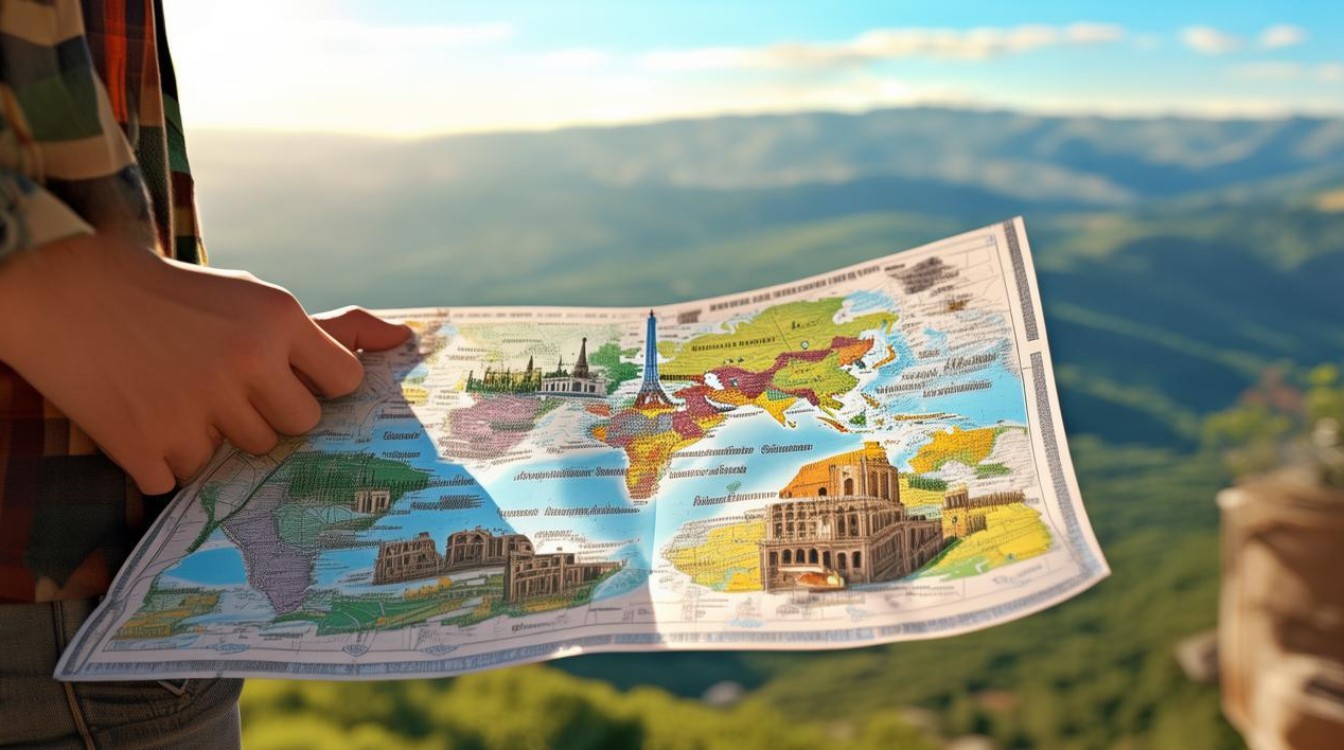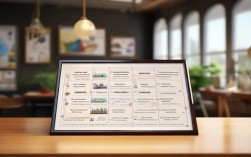Traveling to English-speaking countries or interacting with international tourists requires a solid grasp of relevant vocabulary. Whether you're a traveler planning a trip or a tourism professional, mastering these terms enhances communication and enriches the experience. Below is a comprehensive guide to essential English words and phrases related to sightseeing and tourism.

General Travel Terms
- Tourist: A person who travels for pleasure.
- Destination: The place to which someone is traveling.
- Itinerary: A planned route or schedule for a trip.
- Guidebook: A book providing information about a place for travelers.
- Passport: An official document for international travel.
- Visa: A permit to enter and stay in a foreign country.
- Boarding Pass: A document allowing a passenger to board a plane.
- Check-in: The process of registering at a hotel or airport.
- Check-out: The process of leaving a hotel after paying the bill.
Transportation Vocabulary
Getting around efficiently is crucial for any traveler. Here are key terms related to transportation:
- Airport: A place where airplanes take off and land.
- Flight: A journey made by air.
- Domestic Flight: A flight within the same country.
- International Flight: A flight between different countries.
- Layover: A stop between flights.
- Public Transport: Buses, trains, and subways available for public use.
- Taxi/Cab: A car for hire with a driver.
- Rental Car: A car rented for temporary use.
- Subway/Metro: An underground train system.
- Ferry: A boat that carries passengers across water.
Accommodation Terms
Finding the right place to stay is essential. Here are common words related to lodging:
- Hotel: A place offering paid lodging.
- Hostel: Budget-friendly shared accommodation.
- Resort: A luxury hotel with recreational facilities.
- Bed and Breakfast (B&B): A small lodging offering overnight stays and breakfast.
- Check-in Time: The time when guests can enter their room.
- Check-out Time: The time by which guests must leave.
- Room Service: Food and drinks delivered to a guest's room.
- Amenities: Extra services like Wi-Fi, pools, or gyms.
Sightseeing and Attractions
Exploring landmarks and cultural sites is a highlight of travel. Key terms include:
- Landmark: A famous or easily recognizable building or monument.
- Museum: A place displaying historical or artistic objects.
- Gallery: A space for exhibiting art.
- Monument: A structure built to commemorate a person or event.
- Historical Site: A place of significance in history.
- Theme Park: An amusement park with rides and attractions.
- Zoo: A place where animals are kept for public viewing.
- Botanical Garden: A garden dedicated to plant collections.
Activities and Experiences
Engaging in local activities makes travel memorable. Useful vocabulary includes:
- Hiking: Walking in nature for pleasure.
- Sightseeing Tour: A guided trip to see famous places.
- Cruise: A voyage on a ship for leisure.
- Snorkeling: Swimming with a mask to see underwater life.
- Safari: A trip to observe wildlife in natural habitats.
- Shopping: Purchasing goods, especially souvenirs.
- Local Cuisine: Traditional food of a region.
Useful Phrases for Travelers
Beyond individual words, knowing common phrases helps in real-life situations:

- "Where is the nearest tourist information center?"
- "How much does a ticket cost?"
- "Can you recommend a good restaurant nearby?"
- "Is there a guided tour available?"
- "What time does the museum close?"
- "Could you take a photo for me, please?"
Cultural and Etiquette Tips
Understanding local customs ensures respectful interactions:
- Tipping: In some countries, leaving extra money for service is expected.
- Greetings: A simple "Hello" or "Good morning" is polite.
- Dress Code: Some religious sites require modest clothing.
- Queueing: Waiting in line is standard in many cultures.
Emergency and Safety Terms
Being prepared for unexpected situations is vital:
- Emergency: A serious situation requiring immediate action.
- Police: Officers who maintain public order.
- Hospital: A medical facility for treatment.
- Pharmacy: A place to buy medicine.
- Lost and Found: A place to retrieve lost items.
Mastering these terms enhances travel experiences, making communication smoother and more enjoyable. Whether exploring bustling cities or serene landscapes, a strong vocabulary ensures confidence and convenience.
Travel is about discovery, and language is the key to unlocking deeper connections with people and places. With these words and phrases, navigating new destinations becomes effortless and more rewarding.


